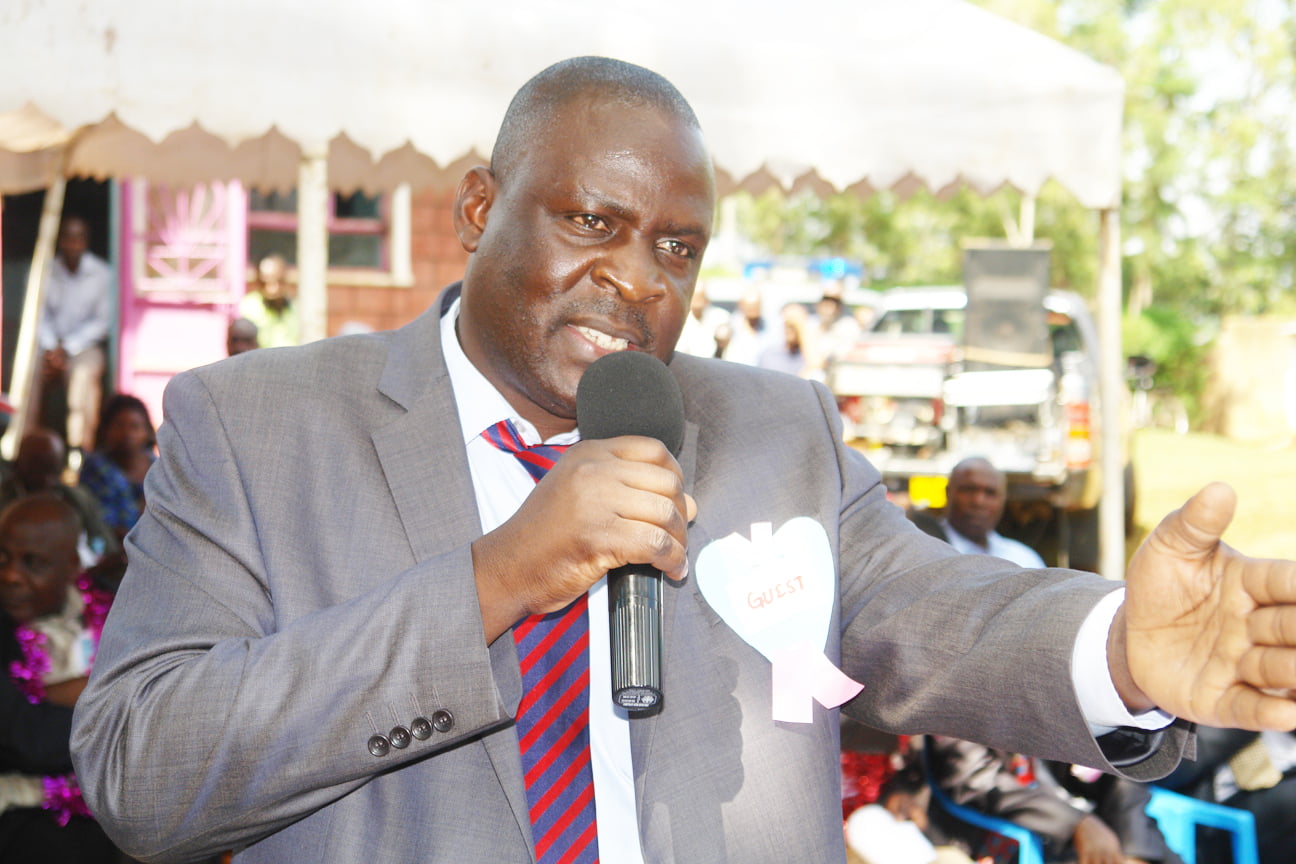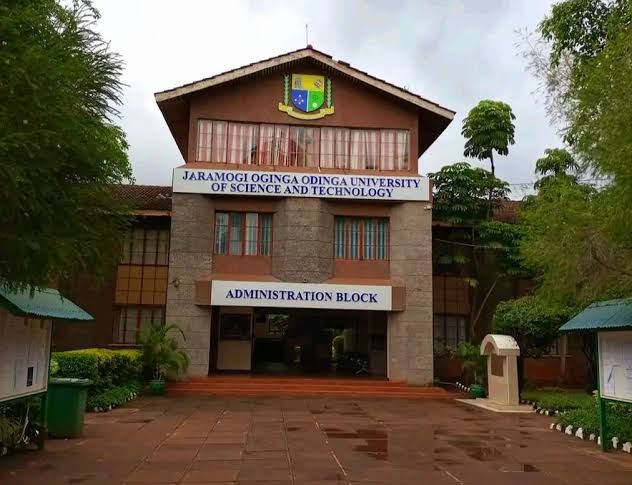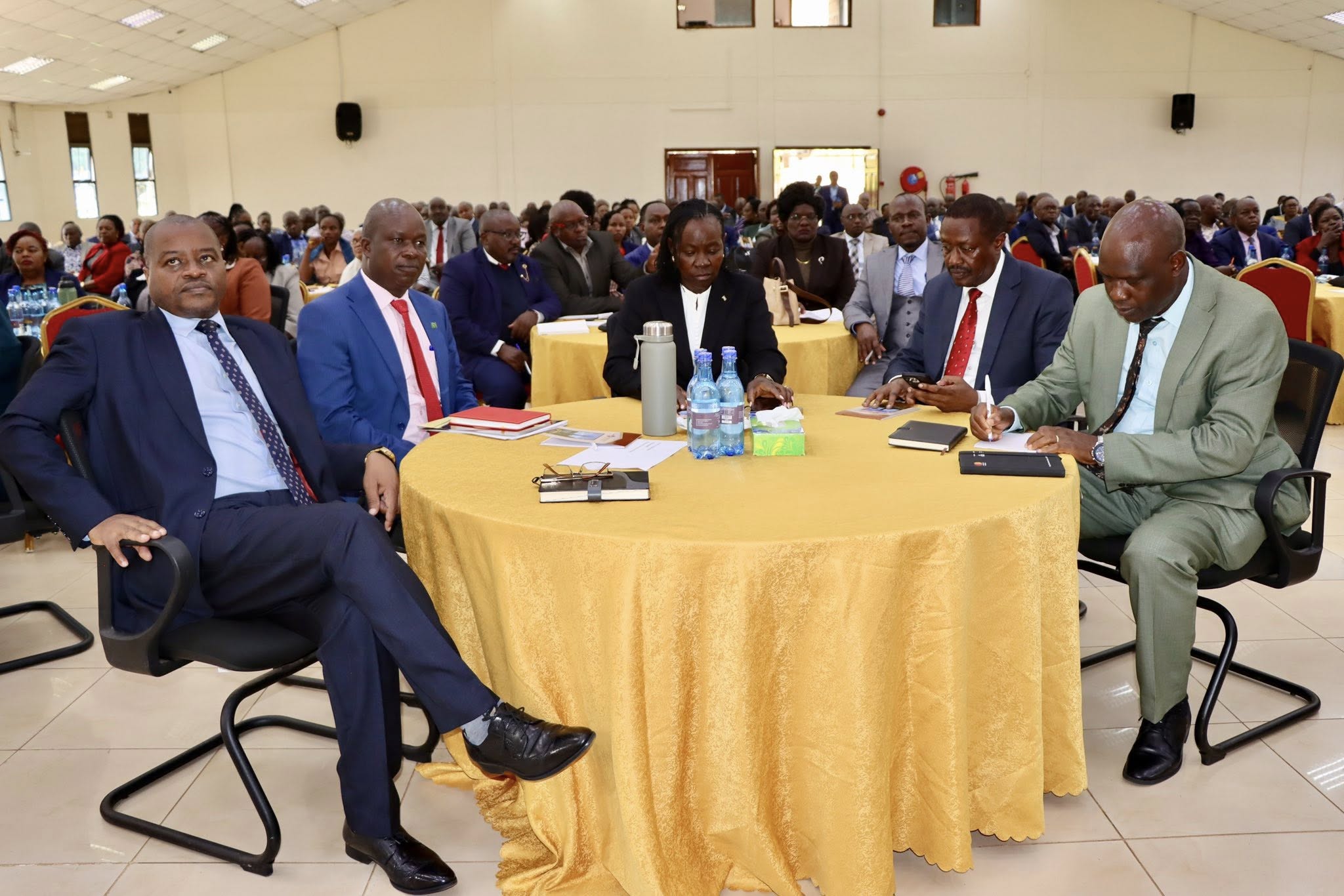By Hilton Mwabili
Kenya National Qualifications Authority (KNQA) Director of Technical Services Stanley Maindi has revealed that Kenya is in the final phase of implementing the Recognition of Prior Learning (RPL) policy which will see individuals who possess various expertise without formal education awarded qualifications based on their level of skills and competency.
Maindi said the authority is building capacity of critical players who will actively participate in the implementation of RPL.
According to Maindi, KNQA has organized a series of capacity building workshops in the country to equip various players, especially principals of National Polytechnics and Technical Training Institutions, on how to institutionalize and roll out recognition of “prior learning” in Kenya.
Speaking during the opening of the training for principals from TVETs on the RPL concept in Mombasa, Maindi noted that KNQA aims to roll out RPL in the TVET sector.
“We have over 60 participants composed of principals and RPL coordinators and Technical and Vocational Education and Training (TVET) institutions. We organized this capacity building workshop to build capacity and sensitize, create awareness about RPL, identify the beneficiaries of prior learning, explain the process of prior learning and the state of preparedness of our country and institutions to rollout this program,” he explained.
He added that RPL will complement the Competence Based Curriculum (CBC) where individuals are assessed based on their skills and competencies rather than their scores in examinations.
He added that through RPL, institutions will have the opportunity to offer assessment and
certification on areas that are “demand driven.”
According to Maindi, various technical institutions in the country will be required to develop the qualification curriculum in areas of their strength while others will become assessment centers.
“KNQA will be exercising its mandate of ensuring that the qualifications we produce in this country are relevant and demand driven. Once an institution is mandated to produce a curriculum, it owns the copyright. It becomes a national qualification. It will be registered and we will put it in the national portal for qualifications that are accredited. Anybody wishing to offer the same cannot copy paste but can only seek the authority of the owner to train the same,” said the KNQA boss.
Okumu Odhiambo, the chair of Inter polytechnics forum, said TVETs will form the basis of the connection of many people in the informal sector so that they can request for recognition of the skills they have.
“We have almost 260 operational TVETs in all our constituencies. As public TVETs, we are ready to implement this very important government policy,” he added.
Once fully operational, RPL will support people with non-local qualifications gain admission to learning institutions and enable opportunities for upgrading of skills and qualifications.
It will also enable recognition of experiential learning through an elaborate assessment that will look at work experience and previous qualifications for the first time in the country.
With the new policy, Kenya joins countries like South Africa, Zimbabwe and Tanzania among other few states that have incorporated RPL in their education sectors.






